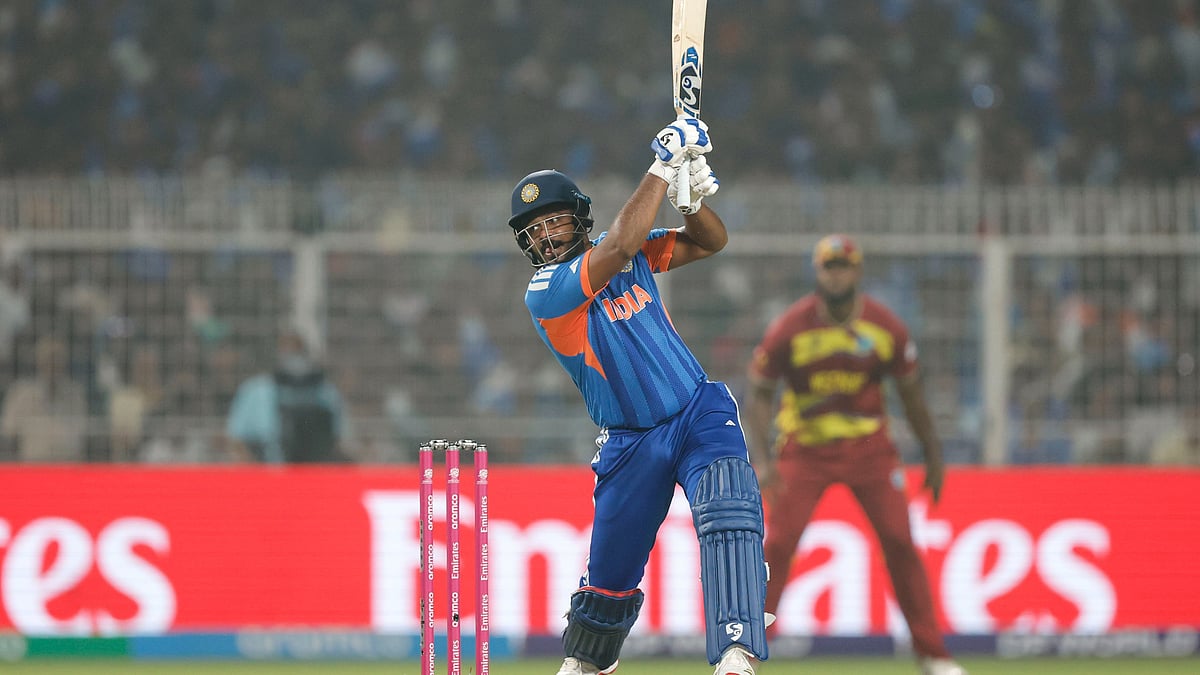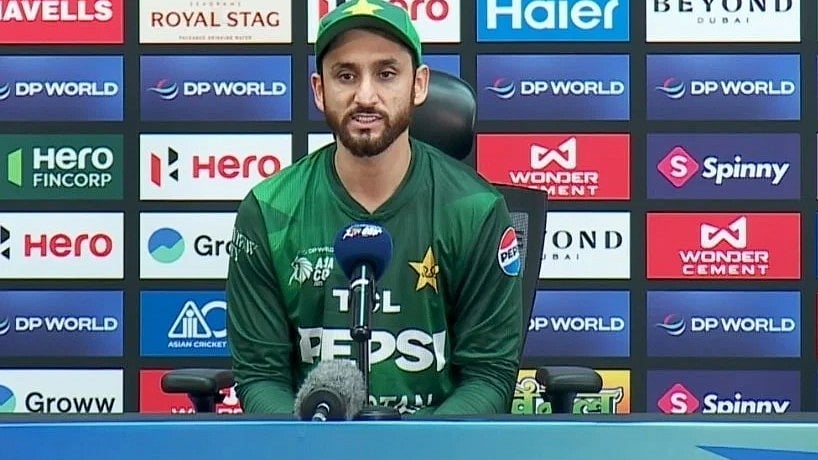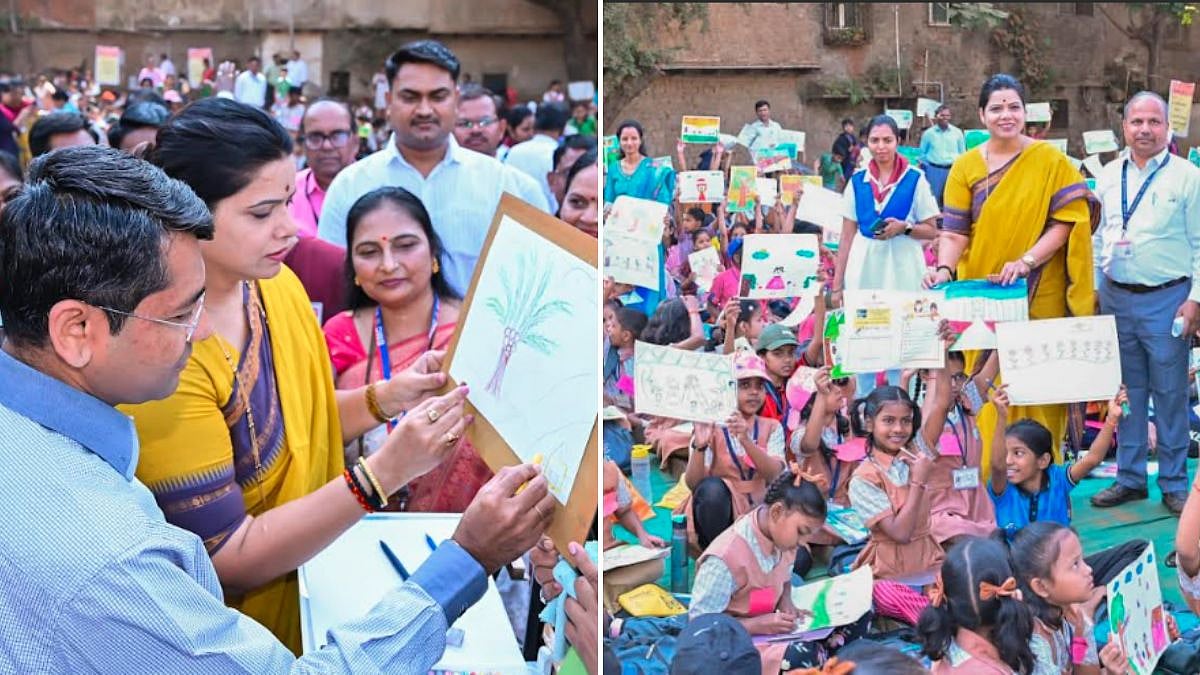The rioting in the national capital is the latest and most disturbing in a series of misadventures involving India's best-staffed and equipped police force. Despite the exemplary courage demonstrated by Delhi Police personnel in the field, the violence could not be contained, pointing to a failure of the chain of command and underlining the urgent need for police reforms.
On the one hand, head constable Ratan Lal was shot dead and DCP Amit Sharma severely injured while battling rioteers in north-east Delhi and unarmed head constable Deepak Dahiya bravely faced down a miscreant pointing a pistol at him. On the other, media reports documented the inaction of police personnel in preventing the escalation of violence.
The police personnel demonstrated exemplary courage; why then, could they not stem the riots before 20 people lost their lives? The inconsistency must be laid at the door of higher authorities and in Delhi, the buck stops with the Union Home Minister.
The Supreme Court has condemned the “lack of professionalism” in the police force. “Police should act as per law,” said Justice Joseph. Perhaps his remark ought to have been followed up by a question: just how much functional autonomy does the cop on the street, or even the DCPs, actually have?
The answer varies from state to state, but the fact is that the police has been instrumentalised by the political class. The criminal misconduct of the Delhi Police during the 1984 riots, one exceptional IPS officer (Maxwell Pereira) apart, is a case in point. In recent months, the crackdown on anti-CAA protests demonstrators at the Jamia Milia Islamia University in December and the inaction against infiltrators at the Jawaharlal Nehru University in January, has eroded public confidence in the police force. Even in cases where police action is justified, this lack of credibility arouses suspicion.
The collateral damage to the morale of the rank-and-file of the Delhi Police, is never considered. Castigated by the judiciary, the Opposition and the public they are intended to serve, they are painted as political stooges. Their angst at being the perpetual fall guys was evident when police personnel demonstrated outside the Commissioner's office last year, after the cops got the worst of it in a violent face-off with lawyers at the district courts.
This week's contretemps is being presented as a strong argument in favour of full statehood for the 1500 sq km territory. Under the current law, the Delhi Police is under the direct control of the Union Home Ministry. The Chief Minister is absolved of all responsibility in enforcing the law, which naturally constrains the functioning of his government. It also undermines checks and balances.
However, merely transferring the reins of power from one set of political masters to another will not do the trick. As a NITI Aayog report observes: “The Commissioner needs to be a senior, mature police officer with adequate expertise having full authority over the force and functional autonomy”. The key phrases here are “full authority” and “functional autonomy”, neither of which the police chiefs enjoy. Incidentally, the current incumbent in Delhi was a surprise appointee, hand-picked over two senior officers. The controversies during his tenure regardless, he has been granted an extension.
It is high time that the report of the Second Administrative Reforms Commission (ARC) is dusted off and implemented. As it pointed out, the central and state police forces are under the control of the political executive – a control that has been consistently abused. How is the police to be made politician-proof, i.e., immune from interference in the professional discharge of its duties? How can absolute autonomy in operational decisions be assured, when transfers, recruitments and appointments are within the purview of politicians?
The ARC had suggested that oversight of the government over the police be limited and an accountability commission comprised of government and non-partisan members be set up. This may work, provided the commission genuinely has teeth and members are not drawn from among former civil servants or political appointees.
Further, the conditions of the rank-and-file leave much room for improvement. The difference in the perks and standard of living enjoyed by the officers and constables should be narrowed. The scope for promotions must be expanded, so as to incentivise good policing. The beat constable is the key in this respect – it is he who interfaces with the public and maintains day-to-day law and order.
The 'broken windows' policy – addressing small signs of public disorder so as to discourage more serious violations of law – has been successfully implemented in cities the world over and has been suggested for Delhi. It deserves serious consideration. The “I can get away with it” mentality encourages progressively serious infractions of law.
These measures can go a long way in improving the functioning of - and therefore, public confidence in - the law enforcement agencies. The starting point of police reforms must be firewalling from political interference and restoration of operational autonomy, so that the rank-and-file do not encounter conflicts between conscience and the chain of command.
The writer is a senior journalist with 35 years of experience in working with major newspapers and magazines. She is now an independent writer and author.




